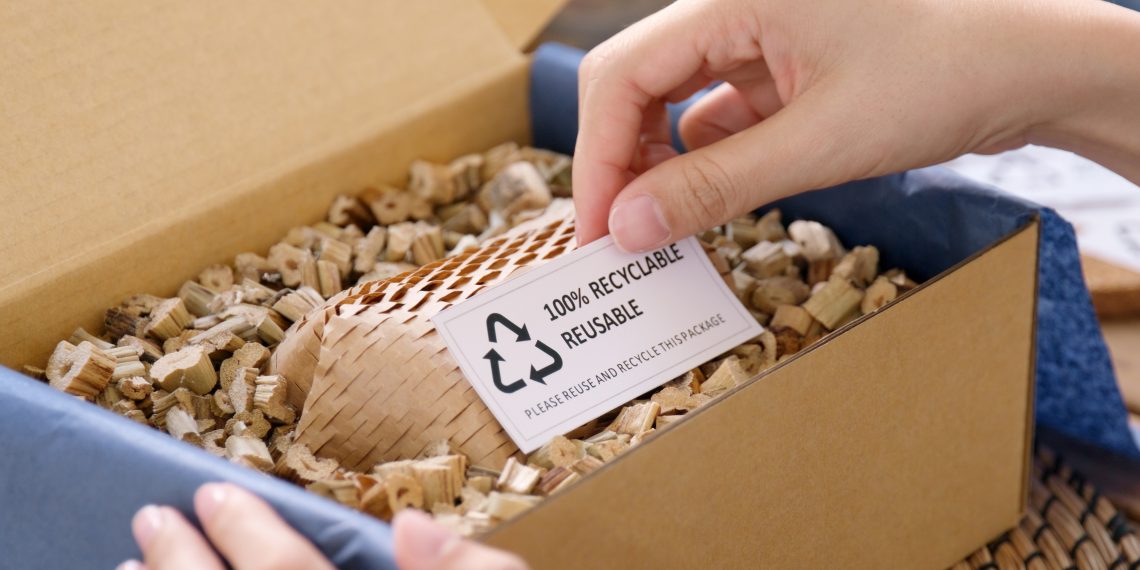A startup based in Vancouver, B.C. that specializes in the development of biodegradable plastics created from wood pulp has secured funding of up to $5 million courtesy of Suzano Ventures, the venture capital branch of a Brazilian eucalyptus pulp producer.
Bioform Technologies, as the company is known, is in the business of crafting a bioplastic intended to supplant the single-use plastics that are derived from fossil fuels. This innovative product can undergo thermoforming to be fashioned into various items, ranging from cups and coffee lids to thin sheets that can be transformed into envelopes, pouches, or even garbage bags.
The company has conducted an analysis on the environmental impact of its product, revealing that it could reduce carbon dioxide emissions by a staggering 80% when compared to traditional plastic, assuming mass production levels. Furthermore, the production of this bioplastic can be integrated into existing pulp mill infrastructure.
Once consumers have finished using the product, it can be easily recycled in the same manner as paper or can be composted in domestic settings.
“Our goal is to produce sustainable alternatives to single-use plastics at the speed of paper and at the cost of plastic,” expressed the CEO, Chris Clark.
The foundations of Bioform Technologies were laid in 2021, built on technology pioneered by professors Jordan MacKenzie and Mark Martinez from the University of British Columbia. Serving as co-founders, with MacKenzie also fulfilling the role of chief technology officer, the company currently employs a team of 12.
With an eye on the future, Bioform Technologies is setting its sights on kick-starting commercial production by 2027.
Prior to the latest injection of funds, the startup had already raised a seed round amounting to $2.4 million and had received a grant of $1.2 million. It also gained valuable experience by participating in the Creative Destruction Lab incubator during its 2020-21 cohort.
The issue of plastic pollution is a significant and growing concern, contaminating oceans and other ecosystems across the globe. This has prompted a concerted international effort to find solutions to the crisis. In a similar vein, other researchers and entrepreneurs are also forging paths in the development of environment-friendly alternatives. For instance, a team from the University of Washington is working on a promising bioplastic derived from spirulina, a type of blue-green algae.









